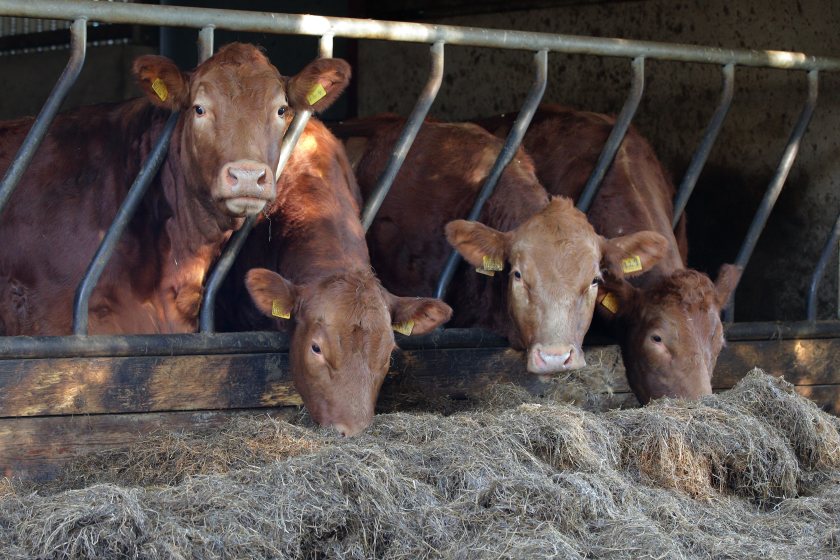NI govt slammed for 'continued inaction' in tackling bTB

The Northern Irish government has been criticised for its 'continued inaction' in tackling the impact of bovine TB on farmers in the region.
The Ulster Farmers’ Union (UFU) says many are now questioning the Department of Agriculture, Environment and Rural Affairs' (DAERA) bTB commitment.
At the UFU annual general meeting in July 2020, the then-DAERA Minister Edwin Poots stated that he was going to bring forward proposals on tackling bTB.
Northern Ireland's bovine TB eradication programme currently costs an estimated £40 million per year.
However, the union says there has been no progress to date, leaving many farm families in an 'unsustainable position'.
The UFU office bearers said: “New bTB issues are being reported every week by our members and it’s having a severe impact not only on the NI livestock industry, but on the well-being of our farmers.
"It is apparent that DAERA officials are stalling and dragging their heels."
Holstein NI added that its members were 'frustrated' with the lack of progress, coupled with an 'ever-increasing number of restrictions'.
"Some of these controls place exceptional financial pressures on their business yet we find all to no avail - the infection rates show little or no reduction," the industry body said.
"A coherent policy of removing infected animals and wildlife has yet to be implemented. Bold policy decisions have been avoided hiding behind research, trials and more trials.
“Financial support historically provided by the EU which is not to be continued by the UK government post Brexit, will inevitably lead to increased rates of infection.”
NI meat processors have raised concerns with the UFU and stressed how it could affect export markets, with the potential of having a significant impact on the industry.
“Our farmers who have animals that test positive will not be accepting a compensation cut when DAERA are not utilising the resources they have available to tackle bTB appropriately,” said the UFU office bearers.
"A compensation cut will not only fail to cover the worth of the animals, but also the consequential loss of income via the farm business due to the removal of bTB positive animals."








